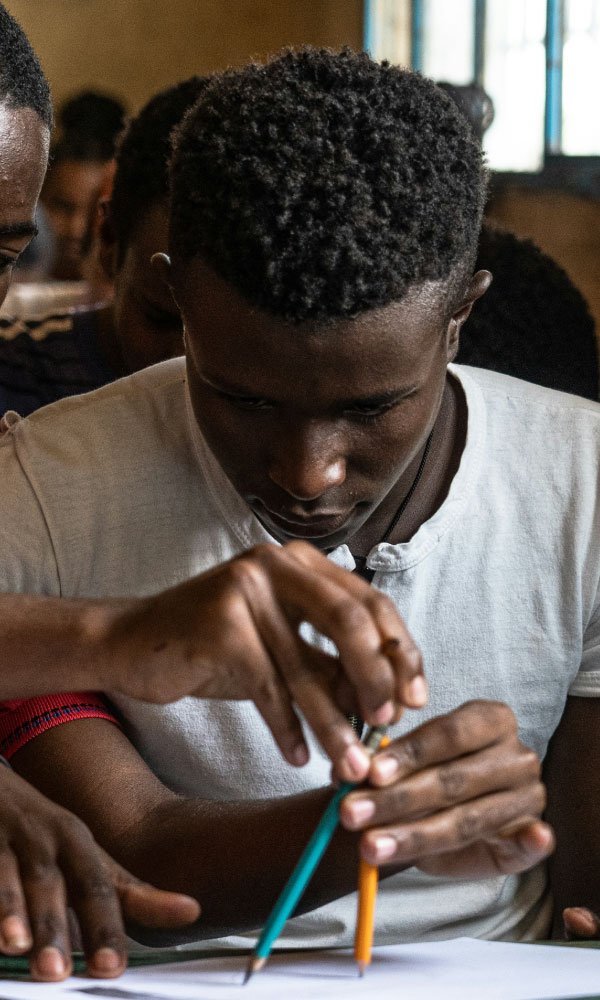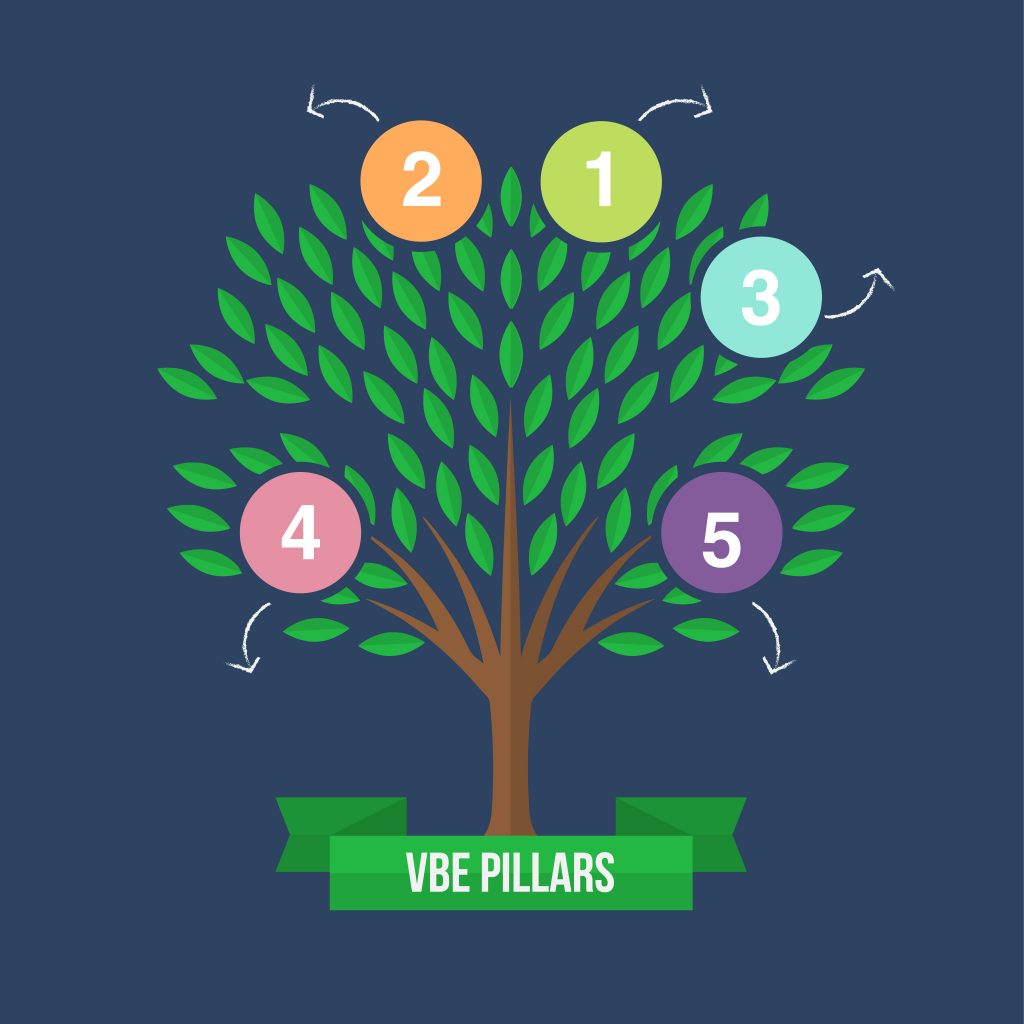What is Life Skills (Value-Based Education)?
Education is the process of facilitating learning and the acquisition of knowledge, skills, values, beliefs and habits.
Value based education (VBE) aims at instilling qualities among students that culminate in holistic development of character in preparation for handling life challenges, growth and survival.
Objectives of Life Skills
To demonstrate curriculum reforms vision with respect to developing ethical citizens.
To accept diversity in people. To convince learners to be able to build meaningful relationships.
To demonstrate aspects of love, caring, respect, empathy etc. among learners
To prepare learners in appreciating efforts and sacrifice that build the country.
To prepare learners to be stewards of change in matters of environmental conservation, climate change challenges etc.
To develop learners ability to be able to identify and solve needs of the community.
To recommend to learners the need to harmonize and develop as an all rounded person in aspects of sports, talents acquisition etc.
Why Life Skills?
Only 5% of Kenyan adolescents aged 13–17 demonstrate strong problem-solving skills. This gap explains why many graduates struggle to find jobs while employers report a lack of suitable talent. Building life skills equips learners to think critically, solve problems, and thrive in real-world situations.
Responding to Educational Reforms (CBC)
Education reforms aim to improve quality and prepare learners for social, economic, and environmental challenges. Value-Based Education supports this by nurturing integrity, responsibility, and resilience.
Emerging Challenges
Life skills education helps address issues such as unemployment, inequality, and environmental crises by developing adaptable, ethical citizens.
Framework Needs
National and global frameworks call for integrating values and life skills early in education to nurture every learner’s potential.

Pillars of Life Skills
Click the hotspots below for further information

Value-Based Education teaches one how to analyze the situation and find a solution to the problem in the right way.
Emotional, social, and communication skills are important if you want to convey your message to the world.
Being fit mentally with the help of meditation breathing exercises and more important is the long run.
It helps the students realize their passion and pushes them to follow their goals.
Value-Based Education enables students to explore such issues and takes essential measures to stop them.
Explore Life Skills Courses
Build essential skills for confidence, communication, and problem-solving.

Grade 7 Content
Learners begin their journey into personal growth and responsible citizenship. Topics focus on self-awareness, respect, empathy, and decision-making. Students learn to understand their emotions, appreciate diversity, and develop positive relationships within school and community settings.

Grade 8 Content
At this stage, learners build on foundational values to handle peer influence, conflict resolution, and ethical choices. Emphasis is placed on teamwork, accountability, and leadership, helping learners connect values to everyday actions and community engagement.

Grade 9 Content
Learners explore complex social issues such as integrity, justice, and environmental stewardship. They practice applying moral reasoning and empathy when addressing real-world challenges, preparing them to make informed, responsible decisions.

Grade 10 Content
Students refine their values to guide personal and social behavior. Topics focus on purpose-driven living, civic responsibility, and ethical leadership. Learners are encouraged to become role models who influence others positively and contribute to sustainable community growth.
Explore Life Skills Trainings
Develop practical skills for everyday life, teamwork, and personal growth.
Action Research as a Method for Community Service Learning (CSL)
Presented by Dr. Alfred Kitawi, Strathmore University | 20th August 2024.
Please click below to either view the PDF presentation or watch the video recording of the session.
Social Studies / Life Skills Learning Series
Presented by Caleb Kandagor, Lecturer, Strathmore University | 9th August 2024.
Please click below to view the PDF presentation of the session.
Contribute Financially
Support our work through M-Pesa
Account Number: EMsingi
Onboard Your School
Bring eMsingi programs to your institution
Become a Partner
Join us as a collaborative partner
General Inquiry
Contact us for any other questions
Ready to make a difference?
Join our Movement Today.
Whether you want to volunteer, donate, or partner with us, we’d love to hear from you
Contact us
Office Location
Strathmore University
Madaraka Estate
Tel: +254 703 034194
Email: communications@emsingi.org
Leave your details and our team will get back to you within 2–3 working days.